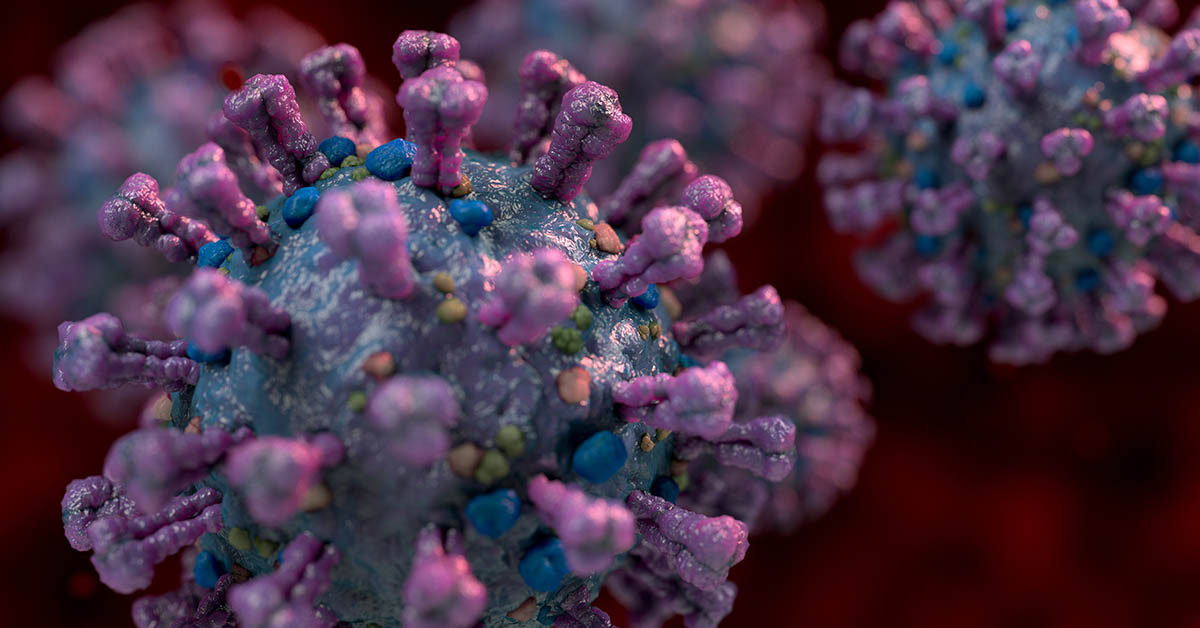A physicist exploring the mutations of the SARS-CoV-2 virus has apparently discovered a groundbreaking theory proposing the existence of a brand new law of physics, which has been termed the “second law of Infodynamics.” This new law suggests that we may in fact be living in a simulation.1 Dr. Melvin Vopson’s research explores the intricacies of something called information entropy (which is the average amount of information or uncertainty that comes from possible outcomes), shedding light on potential implications that challenge established scientific paradigms.
Take the Red Pill
In the study, Vopson uncovered interesting results in the dynamics of genetic mutations. He explains the concept of information entropy as different than conventional physical entropy and discusses its role in shaping the evolution of biological systems.
“The physical entropy of a given system is a measure of all its possible physical microstates compatible with the macrostate,” Vopson explains. He emphasizes the importance of information entropy (when considering if we’re living in a simulation), which usually decreases over time, unlike physical entropy, which usually increases.
Vopson’s findings challenge the traditional understanding of genetic mutations as random occurrences, proposing instead that they follow a law that minimizes information entropy. This shift in thinking could revolutionize genetics, evolutionary biology, and even pandemic research, with new avenues for exploration and discovery.
“The best example of something that undergoes a number of mutations in a short space of time is a virus,” Vopson explains. His analysis of the SARS-CoV-2 virus provides compelling evidence to allegedly living in a simulation, hinting at underlying genetic mutation processes.
Read More: Scientists have just discovered Earth’s twin planet – and there might be something living on it
What Does it All Mean?
The implications of Dr. Vopson’s research extend beyond biology, covering fundamental aspects of the universe’s actual structure and dynamics. He believes that the second law of Infodynamics could offer insights into the symmetry we can see in the cosmos, further providing a case us to be living in a simulation.
“A high symmetry corresponds to a low information entropy state, which is exactly what the second law of infodynamics requires,” Vopson explains. This observation shows how interconnected the physical laws are and their potential to unravel the mysteries of the universe.
Despite the implications of Vopson’s theory, skeptics remain in the scientific community, and the need for continuous experimentation and verification cannot be understated.2 While the concept of living in a simulation isn’t new, Vopson’s work provides novel theories and potential proof grounded in information physics.
Next Steps
The quest for the second law of Infodynamics being validated continues, with more experiments scheduled to hopefully shed light on the nature of information and its role in shaping our universe.3 Vopson’s theory might offer a glimpse into the possibility of living in a simulation, which would invite even more exploration into the fundamental fabric of existence.
As the question of whether or not we live in a simulation remains unanswered, Vopson’s pioneering research paves the way for a deeper understanding of both the universe and our place in it. Whether we’re simply players in a cosmic game or products of a much more complex reality, the pursuit of knowledge continues to drive our quest for truth.
Read More: Study Maps The Odd Structural Similarities Between The Human Brain And The Universe
Sources
- “Physicist Studying SARS-CoV-2 Virus Believes He Has Found Hints We Are Living In A Simulation.” IFL Science. James Felton. April 17, 2024.
- “A Scientist Says He Has the Evidence That We Live in a Simulation.” Popular Mechanics. Darren Orf. April 24, 2024.
- “The second law of infodynamics and its implications for the simulated universe hypothesis.” AIP Publishing. Melvin M. Vopson. October 2023.

